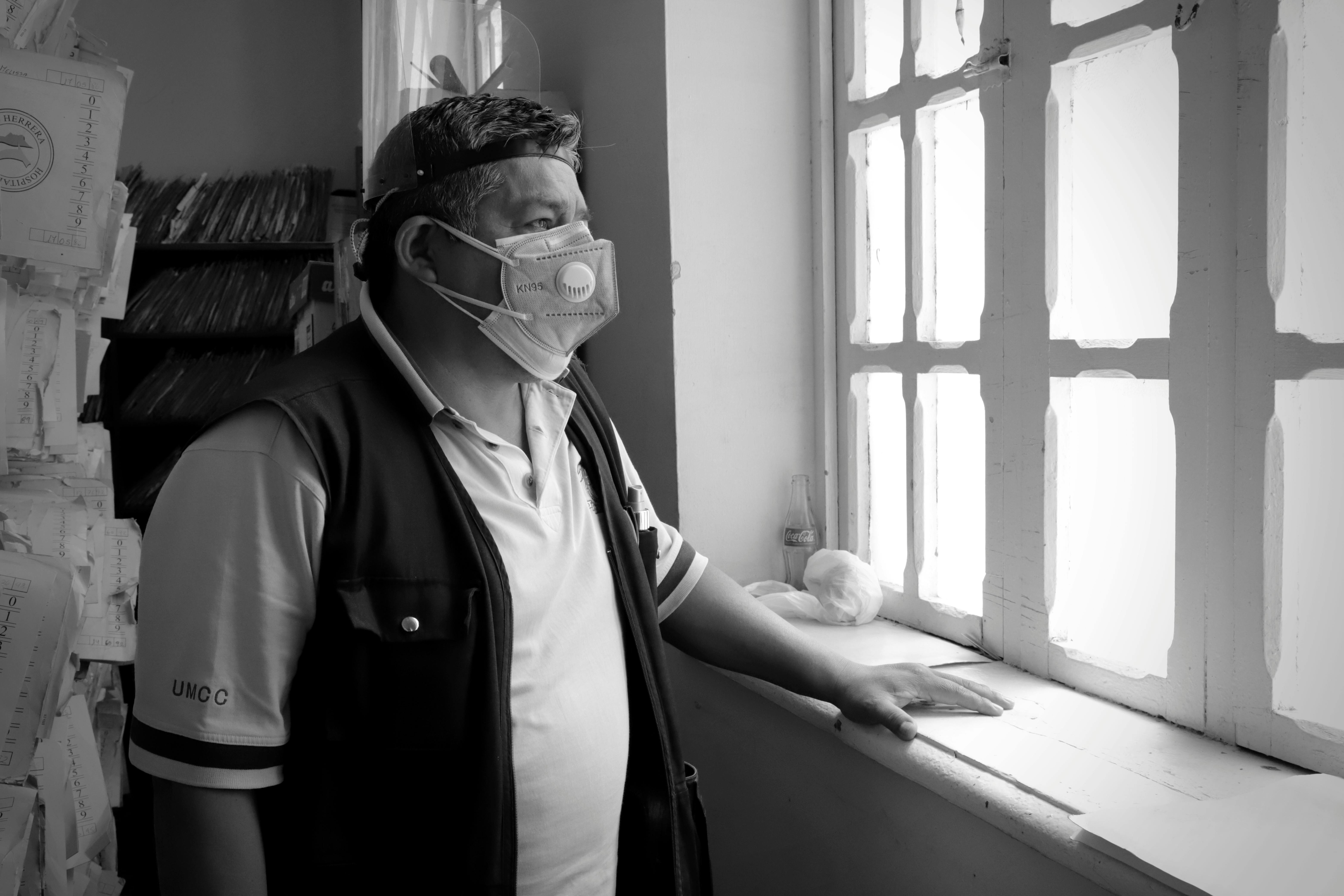
Blockchain in Healthcare Supply Chains: Transforming Medical Logistics and Pharmaceutical Traceability
Blockchain in Healthcare Supply Chains: A Comprehensive Analysis
Introduction to Blockchain in Healthcare Logistics
Blockchain technology is rapidly transforming healthcare supply chain management, offering unprecedented levels of transparency, security, and efficiency in medical logistics. As the global pharmaceutical supply chain faces increasing complexity and regulatory challenges, blockchain emerges as a critical technological solution that addresses fundamental issues of traceability, authenticity, and data integrity.
Technological Framework and Implementation
The integration of blockchain in healthcare supply chains creates a decentralized, immutable ledger that tracks pharmaceutical products from manufacturing to patient delivery. This approach enables real-time monitoring of medical inventory, ensuring precise tracking of temperature-sensitive medications, reducing counterfeiting risks, and enhancing overall supply chain visibility.
Key Blockchain Protocols in Healthcare Logistics
-
MediLedger Protocol: A comprehensive blockchain solution specifically designed for pharmaceutical supply chain management, enabling end-to-end tracking and verification of medical products.
-
VeChain Healthcare: Provides enterprise-level blockchain solutions for medical product traceability and authentication across global markets.
-
Chronicled MediLedger: Offers regulatory-compliant blockchain networks for pharmaceutical track-and-trace requirements.
Global Regulatory Landscape
Different jurisdictions have varying approaches to blockchain implementation in healthcare supply chains. The United States FDA has been increasingly supportive of blockchain technologies, while jurisdictions like Switzerland and Liechtenstein have developed progressive regulatory frameworks that encourage innovation.
Regulatory Compliance Statistics
| Jurisdiction | Blockchain Adoption Rate | Regulatory Framework |
|---|---|---|
| United States | 42% | Advanced Pilot Programs |
| European Union | 35% | Emerging Regulatory Guidelines |
| Switzerland | 58% | Highly Supportive Environment |
| Cayman Islands | 25% | Developing Infrastructure |
Market Analysis and Future Projections
According to recent market research, the global blockchain in healthcare market is projected to reach $1.7 billion by 2027, with a compound annual growth rate of 63.85%. This exponential growth reflects the technology's potential to revolutionize medical supply chain management.
Technical Challenges and Solutions
Implementing blockchain in healthcare supply chains requires addressing complex technical challenges such as:
- Interoperability between different healthcare systems
- Data privacy and HIPAA compliance
- Scalability of blockchain networks
- Integration with existing enterprise resource planning (ERP) systems
Real-World Implementation Case Studies
Several leading pharmaceutical companies and healthcare organizations have successfully implemented blockchain solutions, demonstrating tangible benefits in tracking, authentication, and inventory management.
Notable Implementations
- Pfizer: Collaborated with IBM to develop blockchain-based supply chain tracking systems
- Novartis: Implemented blockchain for clinical trial data management
- AmerisourceBergen: Deployed distributed ledger technologies for pharmaceutical distribution
Future Technological Implications
Blockchain is poised to become a transformative technology in healthcare logistics, potentially reducing counterfeiting, improving patient safety, and creating more transparent and efficient supply chain ecosystems.
RWA.codes Expertise
At RWA.codes, we specialize in developing cutting-edge blockchain solutions tailored for complex healthcare supply chain environments. Our expert team offers comprehensive services including:
- Custom blockchain development
- Regulatory compliance consulting
- Smart contract engineering
- Integration and deployment support
Our technology enables healthcare organizations to leverage blockchain's full potential, creating more secure, transparent, and efficient medical logistics systems.